Unhealthy Data Diet
The Path to Insurance Counter Fraud: Insights from Matt Gilham
In Modern Insurance Magazine #73, Matt Gilham talks about his career pathway in counter fraud and why it continues to offer a rich opportunity for new talent.
TALKING RUBBISH?
The path from corporate fraud investigation to insurance fraud data strategy
Twentysomething me stood up to his ankles in reeking bin waste. Blue plastic covers on black oxford shoes, clear plastic gloves and a white mask. The covert operational team had done their job, securing the suspect’s cast out office waste and, as the newcomer to the business, the project team had assigned the review of the search material to me.
It was meant to be clean business refuse, but the stench suggested otherwise. The targeted paperwork was covered in discarded curry. Nonetheless the exercise had been worthwhile, as within the stinking mess was the sought-after evidence: a stolen client list used by an ex-employee to set up a rival firm.
Fast forward thirty years, and now I deal with garbage of a more electronic kind: understanding the data held by clients and how this can be better used to detect insurance fraud. But it’s often no less messy, with challenges remaining in data integrity, completeness, storage, orchestration and availability. It remains a world of “garbage in, garbage out” even in the modern world of AI.
My journey into insurance counter fraud
Like many, I fell into fraud investigation and then insurance by chance. A reluctant regulator after leaving university, I found my aptitude to be spotting patterns in data for insider trading, market manipulation and trading abuse, rather than the oversight of compliance regulations.
With a burgeoning interest in fraud, I secured a role as an entry-level investigator in the world of corporate fraud investigation. And with a natural comfort in using data, quickly developed skills in those early days of pro-active fraud detection and analytics.
But while these skills were honed in the world of detecting bribery, corruption, occupational fraud and embezzlement, it was the world of insurance that created wider opportunity. First, as a technical subject matter expert, then growth through leadership development and subsequent accountability for strategy.
While my personal path is unusual, I’m delighted to see the clear career opportunities that now exist in insurance counter fraud, with more numerous paths than I experienced. And three aspects stand out:
The breadth of roles: From policy validation to claims special investigation and intelligence analysts to data experts, we’ve developed a huge variety of technical and managerial advancement opportunities.
Our collaborative community: An area where insurance simply excels, with unrivalled communication and collaboration between teams, firms and our business ecosystem in data, intelligence and knowledge sharing in a collective goal to reduce fraud.
The appetite for innovation: A sector that thrives on improving capability and transformation and with a now mature approach to winning at both stopping fraud and protecting and benefitting the customer.
So, while I personally fell into combatting insurance fraud, there’s never been a better time or opportunity to attract and develop our future talent.
